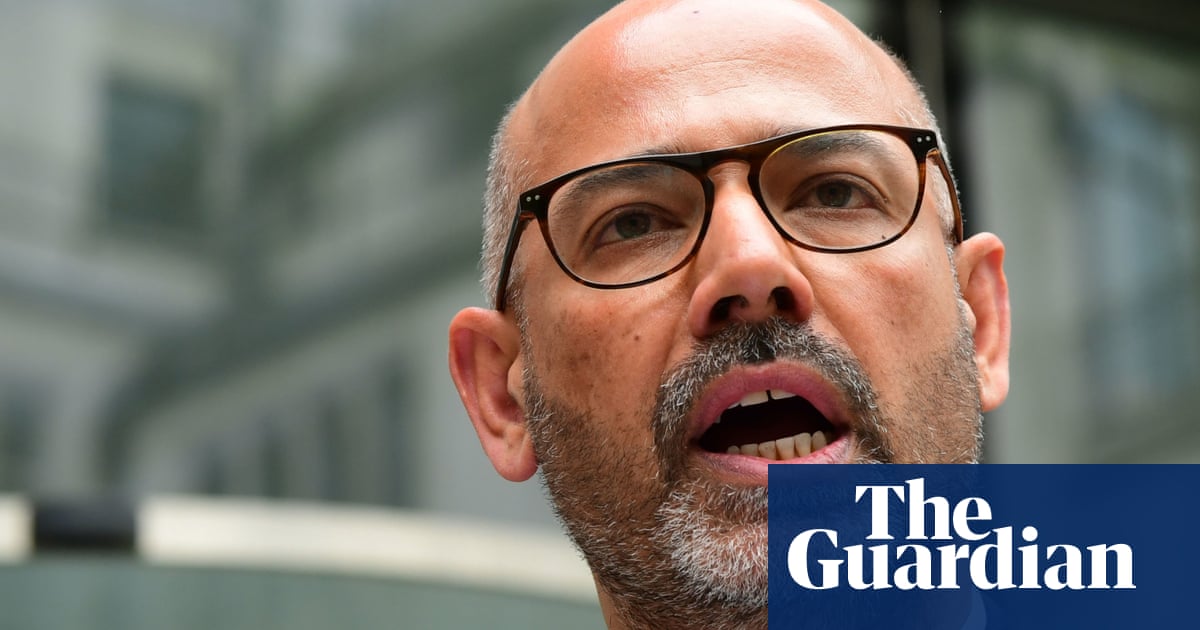
Extremists are exploiting gaps in existing laws to push their agenda, such as peddling antisemitic coronavirus conspiracy theories, a former counter-terror chief has warned as a major review of current legislation is launched.
A former assistant commissioner for specialist operations at the Metropolitan police, Sir Mark Rowley, has been asked to lead a review to examine whether existing legislation adequately deals with “hateful extremism”.
Rowley, who was appointed by the head of the Commission for Countering Extremism (CCE), Sara Khan, said he believed the UK had a strong counter-terrorism system in place but the country is less ready to address growing threats from hateful extremists who encourage community tensions.
The CCE, which advises the government on new policies to deal with extremism, cited a recent rise in antisemitic posts and conspiracy theories linking coronavirus to the Jewish community as “hateful extremism”.
Rowley said: “Extremism, hate crime and terrorism have all been increasing challenges for our communities and society as a whole.
“While I was in post as head of counter-terrorism policing for four years, I knew that we had a strong counter-terrorism system, resources and laws in place.
“However, I increasingly realised that nationally we are less experienced and ready to address the growing threats from hateful extremists who encourage community tensions, the rise in hate crime and some to even become terrorists.
“When Sara asked me to look from an operational perspective at whether the existing legal framework has gaps that allow extremists to flourish, I was initially cautious – not least because successive governments have tried to tackle this very problem, by proposing new legislation, and failed.
“However, after some initial scoping I am convinced that the commission’s clarity of focus on ‘hateful extremism’ can help identify the gaps that exist at the boundaries of current laws, such as hate crime and terrorism, which are being exploited daily by extremists.”
The CCE’s first major report found far-right activists were exploiting community tensions by swooping into towns and cities and distorting the truth in an effort to turn residents against minorities, particularly Muslims.
Khan visited 20 towns and cities and sifted through 3,000 responses to a call for evidence to produce her first major report, published on Monday, titled Challenging Hateful Extremism. She concluded in her report that the government’s response to extremism was “inadequate”, “unfocused” and urgently needed a complete overhaul.
The review called on the government to focus on what the commission calls “hateful extremism”, which stands apart from terrorism and violent extremism.
As part of his legal review, Rowley has been tasked to identify whether there are gaps in existing legislation or inconsistencies in enforcing the law in relation to hateful extremism and make recommendations that are compatible with existing legal and human rights obligations.
Khan said the UK authorities “ability to counter repeat and persistent offenders is inconsistent and often ineffective”.
“When extremists engage in terrorist activity, they are often caught by robust counter-terrorism legislation. But when they incite hatred, engage in persistent hatred or justify violence against others, extremists know they will not cross over into the threshold of terrorism.”
Khan said a legal review was “even more pertinent” during the current pandemic as extremists propagate “horrific” material which seeks to blame and incite hatred and violence against other people in society.












